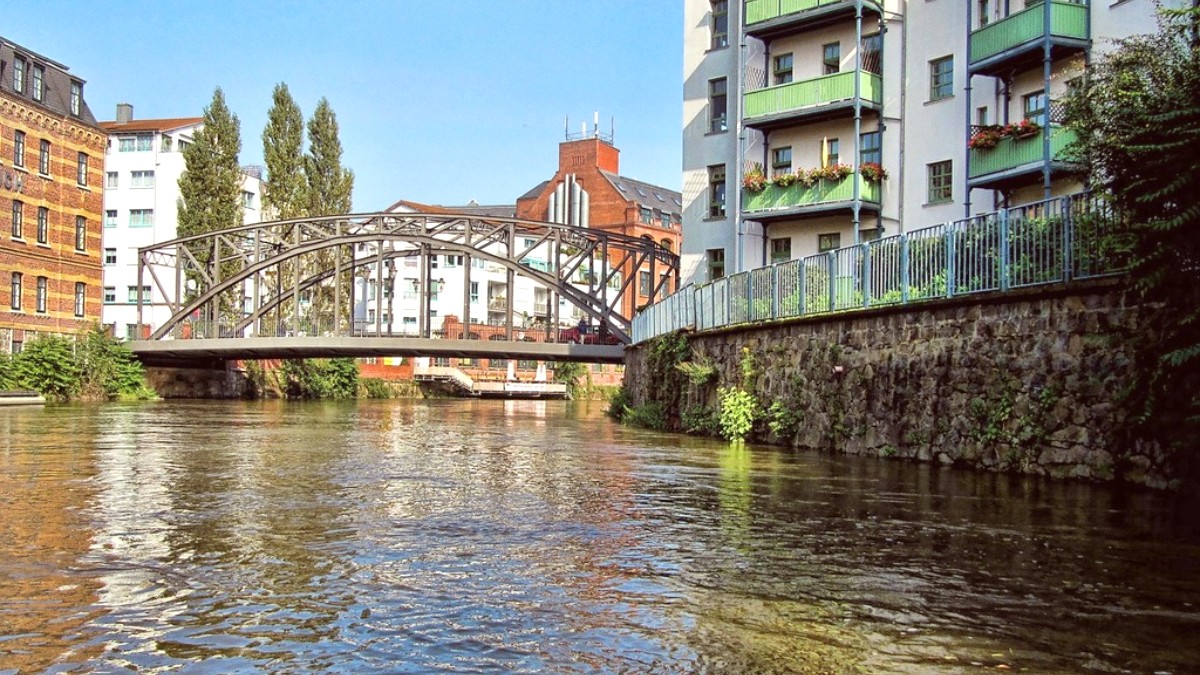
Saxony, Germany
Leipzig is surrounded by the Auenwald (Floodplain Forest), a significant natural habitat. The Leipziger Neuseenland (New Lakeland) represents successful landscape rehabilitation. Stay on marked paths, avoid disturbing wildlife, and do not litter.
Germany possesses highly developed waste separation and recycling systems. Look for separate bins for paper (blue), plastic/packaging (yellow), glass (color-separated), organic waste (brown), and residual waste (black/grey). Participate by separating your waste correctly.
While Germany is not considered a water-scarce country, practicing mindful water usage is a good habit. Take shorter showers, turn off taps when not in use, and consider reusing towels. Tap water in Leipzig is safe and clean to drink; use a reusable water bottle.
Leipzig and Germany prioritize environmental protection. Visitors contribute to these efforts by adopting sustainable practices.
Consider offsetting the carbon footprint of your flights and other long-distance travel. Many reputable carbon offset programs allow contributions to projects that reduce greenhouse gas emissions elsewhere to balance travel emissions.
Look for hotels and tour operators that have environmental certifications. Certifications like Green Globe, Eco-label, or being a "Bio-Hotel" indicate a commitment to sustainability.
Your shopping choices can reduce environmental impact and support ethical practices.
Germany's waste separation system promotes recycling and waste reduction.
Seek "Fair Trade" certified products for ethical sourcing.
Eat at local restaurants, shop at independent stores.
Carry a reusable shopping bag. German supermarkets and shops often charge for plastic bags, and using your own bag reduces waste and yields savings.
Interacting respectfully with local culture and traditions enriches your travel experience and shows appreciation for Leipzig’s heritage.
Support local cultural institutions, museums, and historical sites by visiting them and adhering to their rules. Your entrance fees and donations contribute to the preservation of Leipzig's rich heritage, including its musical legacy and historical architecture.
Use formal greetings ("Guten Tag," "Sie") with strangers, especially older individuals or those in service roles, until invited to use informal terms. Always ask for permission before taking photos of people, specifically children.
Be mindful of personal privacy. Avoid photographing people without their consent, especially in close-up or intrusive ways. Not everyone wishes to be a subject for your photos. When photographing public spaces, capture the scenery rather than individuals inadvertently.
Always ask before taking pictures of people.
Avoid close-ups without permission.
Direct your lens to landscapes and buildings.
Make choices that foster positive economic impacts.
Choose local cafes and restaurants over international chains. This channels your spending directly into the local economy.
Buy souvenirs and goods from independent shops, artisan shops, or galleries (like those at Spinnerei or in Plagwitz) rather than generic tourist traps.
Use local services, like family-run guesthouses or independent tour operators. This supports small businesses and jobs within Leipzig.
If you wish to donate, choose established and reputable local charities.
These often focus on social welfare, environmental protection, or cultural preservation.
Research organizations before donating. Avoid giving money directly to beggars, as this can fuel harmful cycles.